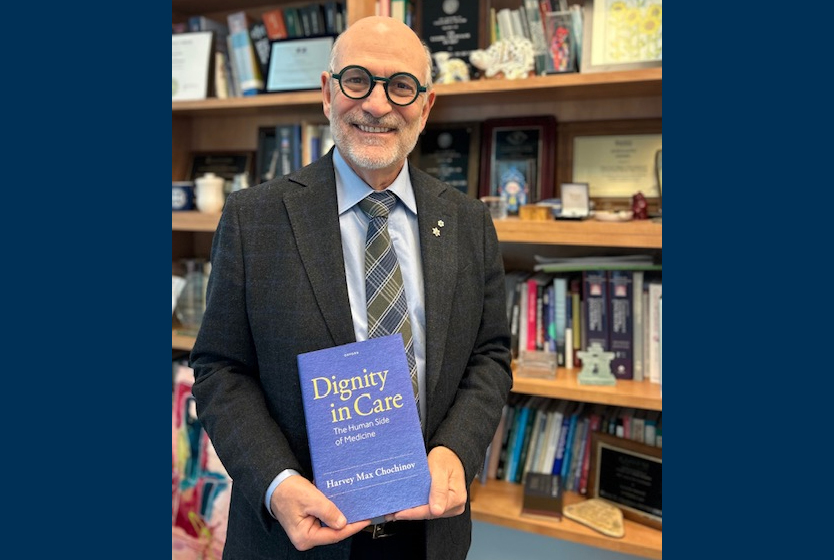Cancer research drives new treatment options
May 16, 2024

Shirley Mooney was first diagnosed with large B-cell lymphoma in 2008. She responded well to chemotherapy and, after six sessions, went into remission. Eleven years later, however, the cancer returned. Adding to the difficulty of her situation, Shirley experienced life-threatening complications during chemotherapy. This required a change of treatment to a stem cell transplant, which was effective. Though she was in remission, doctors noted that her complications would limit treatment options if the cancer returned a third time.
Shirley’s cancer did return in 2022. Fortunately, a new treatment called CAR-T therapy recently completed clinical trials and was now available for Shirley. She had to travel out-of-province to Toronto, Ontario for the treatment, requiring her to be away from home
and family for extended periods. Shirley responded well to this new innovative treatment and soon went back into remission. She’s currently living happily in Arizona with her husband, Wayne, and recent PET scans show no signs of active cancer. In January 2022, CancerCare Manitoba announced provincial funding for CAR-T therapy in Manitoba, where cancer researchers have begun developing therapies for use in other cancers.
Cancer research helps make leading-edge treatments available to Manitobans.
Research Institute News

May 16, 2024
New book from Institute researcher, Dignity in Care: The Human Side of Medicine helps shape the future of patient care
Senior Scientist at CancerCare Manitoba Research Institute, Dr. Harvey Max Chochinov has published a new book, Dignity in Care: The Human Side of Medicine, providing insight into how the disposition and attitude of healthcare providers indelibly shape patient experience.

May 16, 2024
New trial looks at reducing bleeding risk in cancer patients while also developing novel research methods
A new Investigator-Initiated Clinical Trial (IICT) led by Primary Investigator, Dr. Brett Houston, called the MYELO-CAN TXA trial, aims to see whether Tranexamic Acid (TXA) can help prevent bleeding in patients with certain blood cancers such as acute leukemia and myelodysplastic syndrome.

May 16, 2024
Advanced magnetic resonance simulator to bring new options for research and treatment
The Institute has acquired a state-of-the-art magnetic resonance simulator (MR-SIM) to be installed in 2024, made possible by generous community donations. The research applications of this technology will include new patient treatment techniques and workflows.

